Historical high unemployment rate
The unemployment rate has reached its historical maximum in Serbia, say statistics.
Thursday, 20.01.2011.
12:33

The unemployment rate has reached its historical maximum in Serbia, say statistics. According to the National Employment Service (NSZ), there are 730,000 unemployed persons in Serbia. Historical high unemployment rate The NSZ believes it will have more success in finding citizens of Serbia jobs this year thanks to the planned projects for which they received about RSD 2bn more than last year. However, employers are skeptical and doubt that partial measures implemented by the government could solve the lack of jobs. The NSZ promises to employ 60,000 people this year. This however does not mean that the number of unemployed people would be reduced by 60,000 since the number of newly employed persons in 2010 was only by 852 higher than the number of those who lost their jobs. The NSZ Director Dejan Jovanovic says that a reason for optimism is the bigger budget of the NSZ. “We expect that about 60,000 people will be employed through implementation of active employment policy measures and through realization of the budget fund for the disabled persons. The 2011 budget is bigger than in 2010. The budget was RSD 3.7bn for active employment measures, now it’s RSD 5,55bn,” he stressed. The NSZ is planning on extending the “First chance” youth employment program, subsidies for employers who employ people who were trained by the NSZ have also been provided. A new program “Professional practice” for 5,000 young people under the age of 30 has been introduced. Aside from privately-owned companies, state institutions will also join this project. Jovanovic says that special funds are provided for young entrepreneurs. “It’s about encouraging entrepreneurship in Serbia and RSD 300mn will be spent through this program this year,” the NSZ director explained. “The plan is that 2,000 businesses are opened by unemployed people who are in the National Employment Service registry. We will give RSD 160,000 to everybody who wants to start their own business and they’ll first get the education in terms of knowledge and skills necessary to run a business,” he stressed. One of the measures of the NSZ is to increase employment in underdeveloped parts of Serbia. Employers in underdeveloped municipalities will get RSD 300,000 – 400,000 for each newly employed worker. One such example is German Leoni factory in Vranje which will employ 400 people by the end of the year. “It’s especially important to open new jobs in this part of Serbia which is below the average republic development. It is necessary to develop those parts faster than others if we want, and we do want, to have an equal regional development,” Serbian Prime Minister Mirko Cvetkovic said. Association of Small and Medium Enterprises President Milan Knezevic thinks that these partial programs are not a solution and that the state’s primary task should be to create an environment in which foreign and domestic investors will invest and open new jobs. “Such short-term measures will never give long-term results. Unfortunately these are improvisations and those funds are often used for abuse of political power and often for abuse and personal benefits and promotions,” he explained. “Therefore, we are in favor of employment, but only the one which will be provided by the system and not by those show, partial and party programs,” Knezevic stressed. Businesspeople believe that the state should reduce contributions and taxes, regulate the market, improve courts’ working conditions and that this is the only way to create conditions for new business offers and employment. (Beta, file)
Historical high unemployment rate
The NSZ believes it will have more success in finding citizens of Serbia jobs this year thanks to the planned projects for which they received about RSD 2bn more than last year.However, employers are skeptical and doubt that partial measures implemented by the government could solve the lack of jobs.
The NSZ promises to employ 60,000 people this year.
This however does not mean that the number of unemployed people would be reduced by 60,000 since the number of newly employed persons in 2010 was only by 852 higher than the number of those who lost their jobs.
The NSZ Director Dejan Jovanović says that a reason for optimism is the bigger budget of the NSZ.
“We expect that about 60,000 people will be employed through implementation of active employment policy measures and through realization of the budget fund for the disabled persons. The 2011 budget is bigger than in 2010. The budget was RSD 3.7bn for active employment measures, now it’s RSD 5,55bn,” he stressed.
The NSZ is planning on extending the “First chance” youth employment program, subsidies for employers who employ people who were trained by the NSZ have also been provided.
A new program “Professional practice” for 5,000 young people under the age of 30 has been introduced. Aside from privately-owned companies, state institutions will also join this project.
Jovanović says that special funds are provided for young entrepreneurs.
“It’s about encouraging entrepreneurship in Serbia and RSD 300mn will be spent through this program this year,” the NSZ director explained.
“The plan is that 2,000 businesses are opened by unemployed people who are in the National Employment Service registry. We will give RSD 160,000 to everybody who wants to start their own business and they’ll first get the education in terms of knowledge and skills necessary to run a business,” he stressed.
One of the measures of the NSZ is to increase employment in underdeveloped parts of Serbia. Employers in underdeveloped municipalities will get RSD 300,000 – 400,000 for each newly employed worker. One such example is German Leoni factory in Vranje which will employ 400 people by the end of the year.
“It’s especially important to open new jobs in this part of Serbia which is below the average republic development. It is necessary to develop those parts faster than others if we want, and we do want, to have an equal regional development,” Serbian Prime Minister Mirko Cvetković said.
Association of Small and Medium Enterprises President Milan Knežević thinks that these partial programs are not a solution and that the state’s primary task should be to create an environment in which foreign and domestic investors will invest and open new jobs.
“Such short-term measures will never give long-term results. Unfortunately these are improvisations and those funds are often used for abuse of political power and often for abuse and personal benefits and promotions,” he explained.
“Therefore, we are in favor of employment, but only the one which will be provided by the system and not by those show, partial and party programs,” Knežević stressed.
Businesspeople believe that the state should reduce contributions and taxes, regulate the market, improve courts’ working conditions and that this is the only way to create conditions for new business offers and employment.











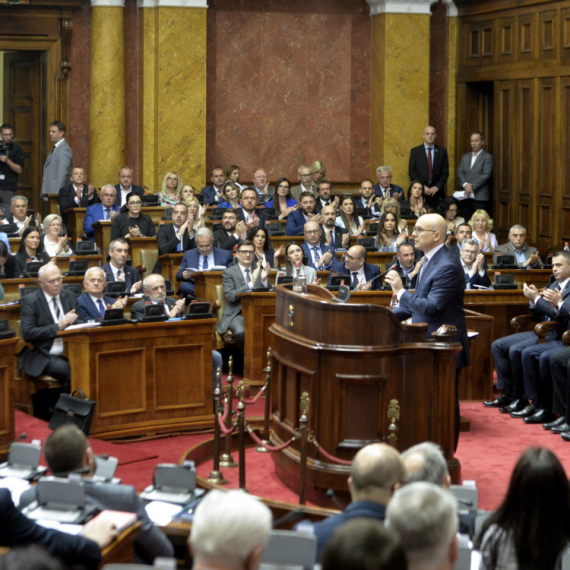





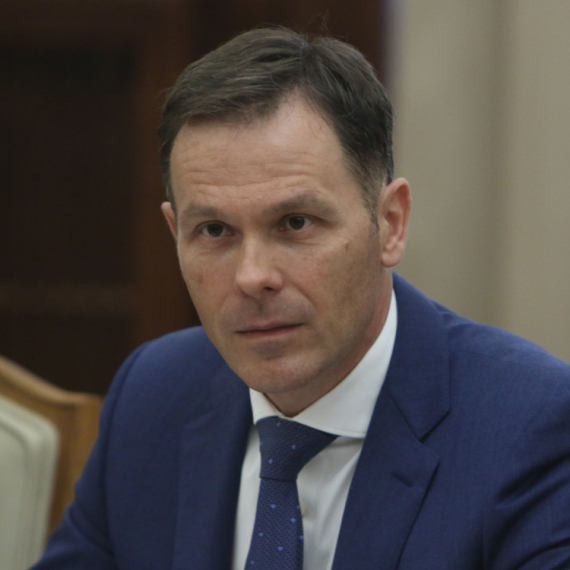









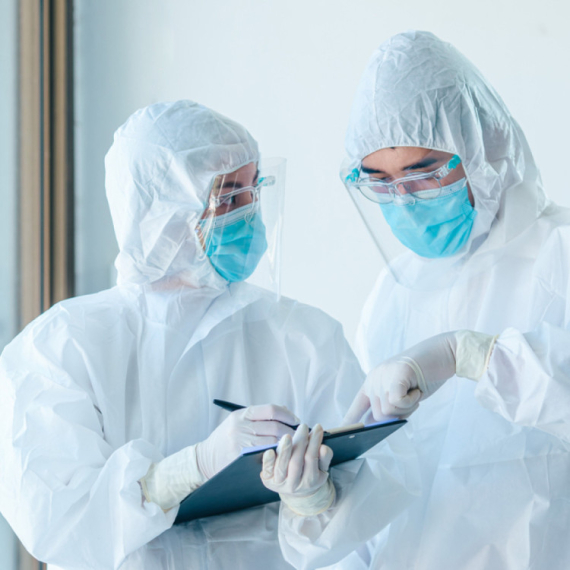


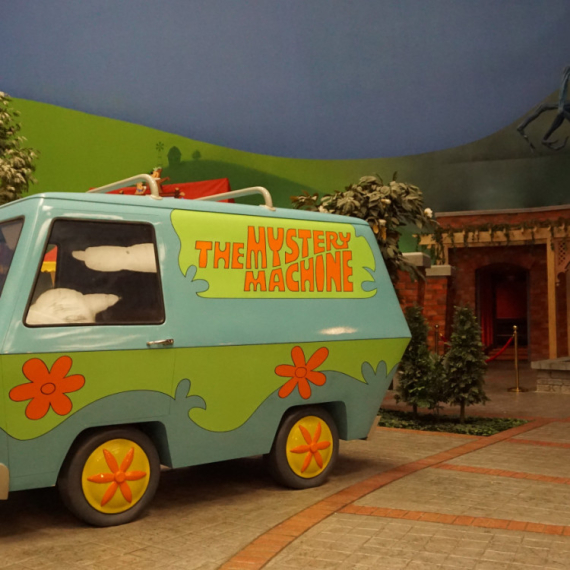











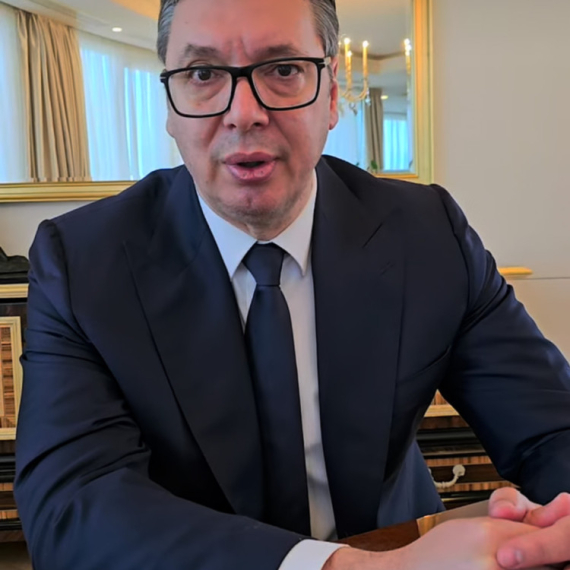








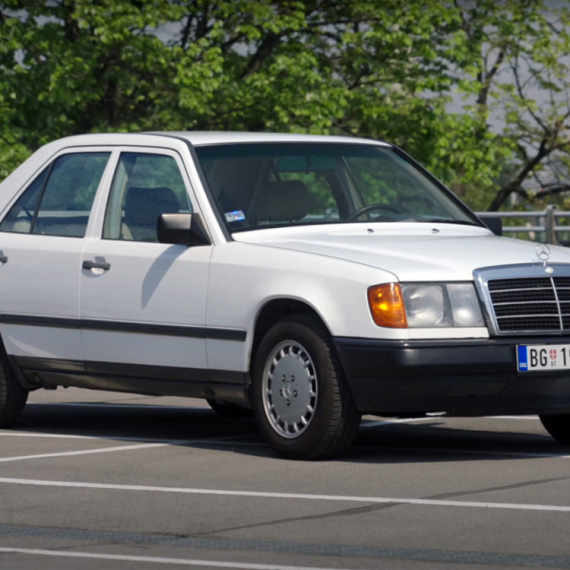


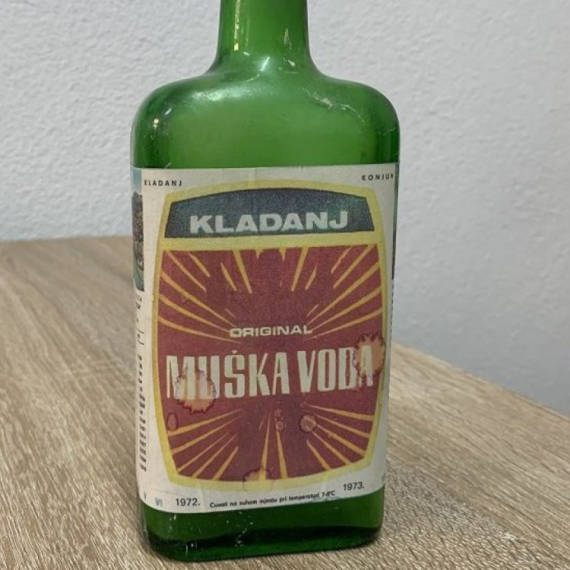




Komentari 21
Pogledaj komentare